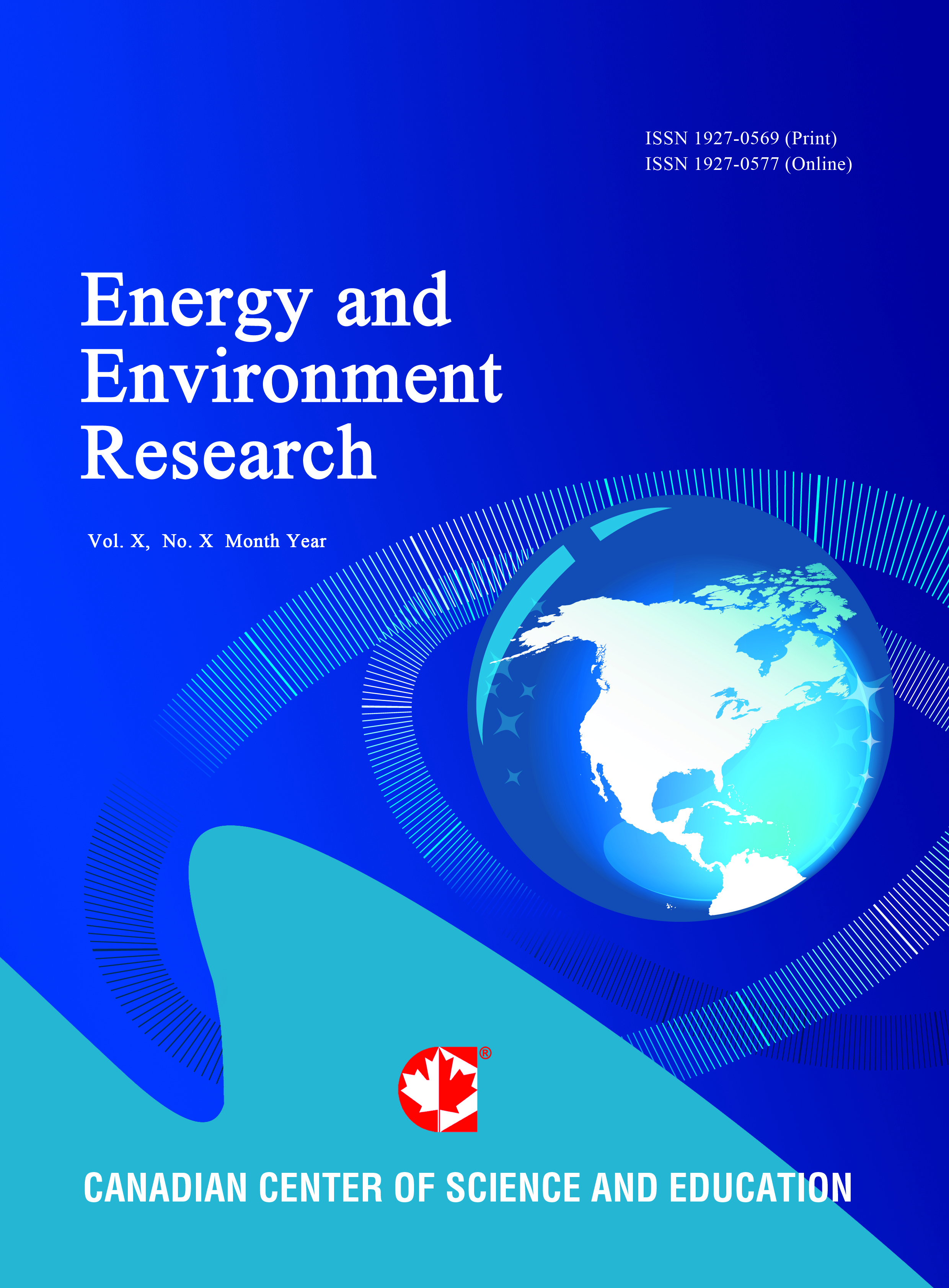Americans Support for Renewable Energy is Disconnected from their Understanding of Powerline Infrastructure as a Mechanism to Mitigate Climate Change
- Rebecca J. Romsdahl
- Christopher Felege
- Joshua E. Hunter
- Cheryl Hunter
- Susan Ellis-Felege
Abstract
As nations are transitioning to renewable energy sources, they will need to expand and upgrade their energy infrastructure, including high-voltage power lines (HVPL). We have conducted the first nation-wide survey in the last thirty years to assess public attitudes toward HVPL in the USA. The study evaluates perceptions, knowledge, and attitudes toward building new transmission lines, as these relate to renewable energy, place attachment, and environmental impacts. Our results show that Americans do not recognize how new HVPL could help reduce greenhouse gas emissions; instead, respondents favor moving from centralized energy (large power stations and HVPL) to decentralized energy (local power supply and small scale solar panels and wind turbines. Our findings are consistent with studies from Europe in that citizens recognize negative human impacts on the natural world and support renewable energy, however, they have a limited understanding of the role of HVPL infrastructure in mitigating climate change.
- Full Text:
 PDF
PDF
- DOI:10.5539/eer.v11n1p12
Journal Metrics
(The data was calculated based on Google Scholar Citations)
h-index (July 2022): 19
i10-index (July 2022): 53
h5-index (July 2022): N/A
h5-median(July 2022): N/A
Index
- BASE (Bielefeld Academic Search Engine)
- CiteFactor
- CNKI Scholar
- Elektronische Zeitschriftenbibliothek (EZB)
- Excellence in Research for Australia (ERA)
- Genamics JournalSeek
- Google Scholar
- NewJour
- Norwegian Centre for Research Data (NSD)
- PKP Open Archives Harvester
- Publons
- ROAD
- SHERPA/RoMEO
- Standard Periodical Directory
- Ulrich's
- Universe Digital Library
- WorldCat
Contact
- Lesley LuoEditorial Assistant
- eer@ccsenet.org
